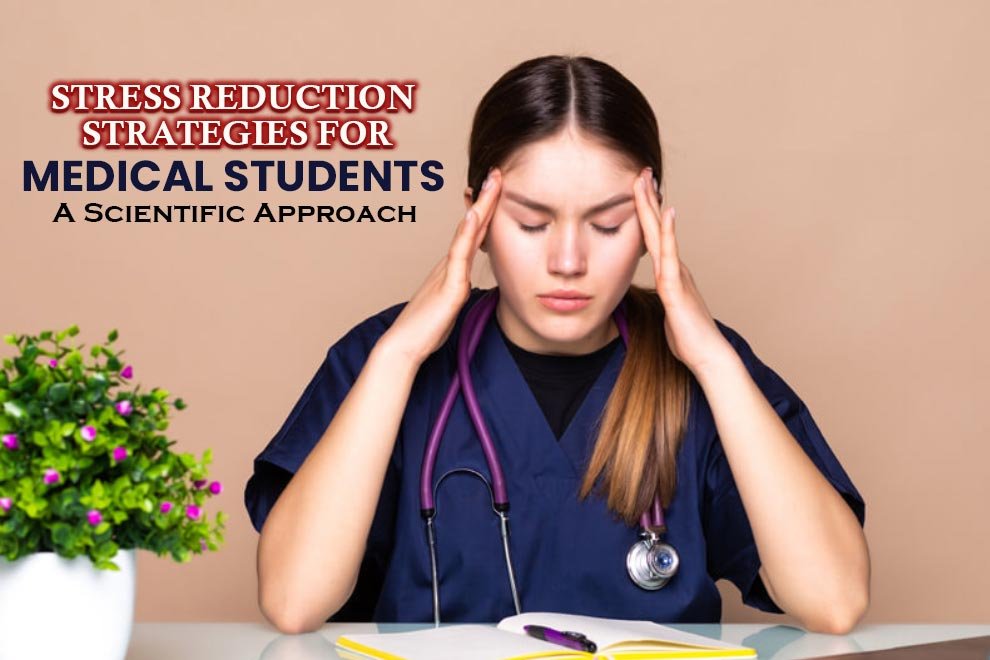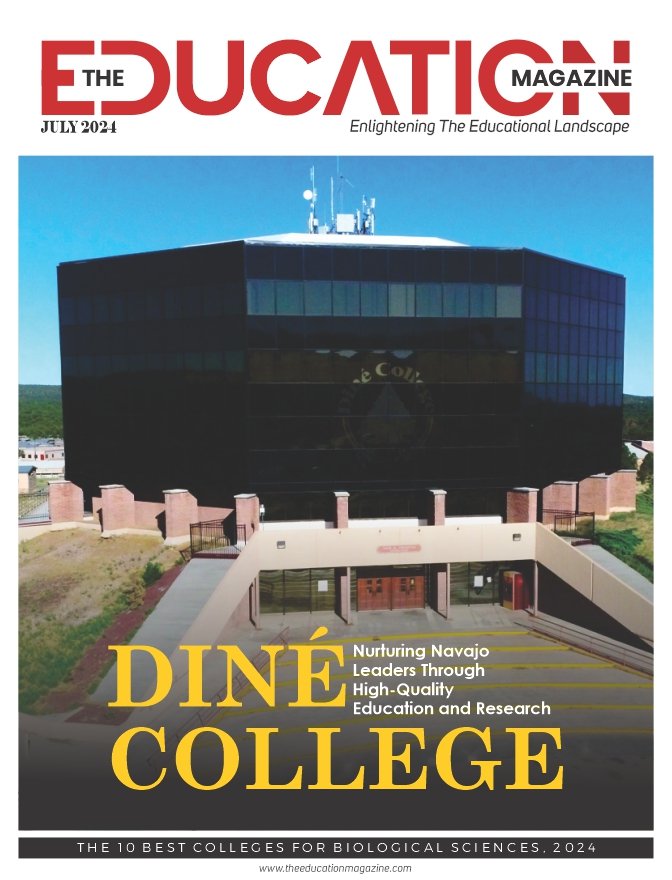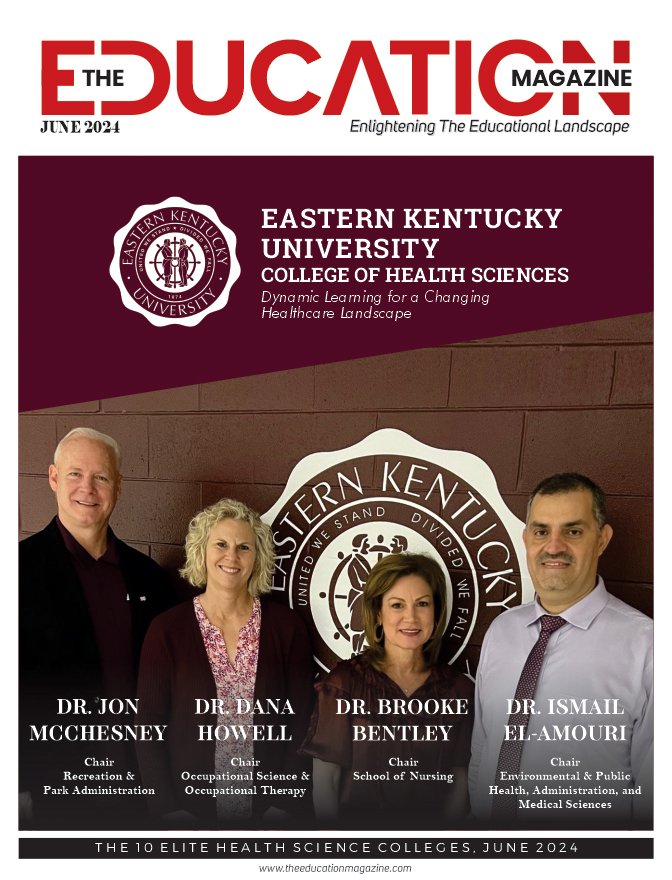Medical school is a high-stress environment, which can significantly affect the well-being and academic performance of students. This blog post examines scientifically-backed strategies for stress reduction, integrating findings from Saint James School of Medicine with broader research.
1. Mindfulness and Meditation
Mindfulness-based stress reduction (MBSR) programs have been demonstrated to reduce stress and anxiety significantly among medical students. A study published in the Journal of the American Medical Association found that MBSR could lower symptoms of anxiety and depression, improving students’ mental health and academic performance. Consistent with recommendations from Saint James School of Medicine, integrating mindfulness and meditation into daily routines can enhance focus and emotional stability.
2. Physical Activity
Physical activity is widely recognized for its mental health benefits, including stress reduction. Research indicates that regular exercise leads to improvements in mood and decreases in symptoms of depression and anxiety due to the release of endorphins. A systematic review from the British Journal of Sports Medicine suggests that as little as 30 minutes of moderate to intense activity a few times a week can significantly improve mental health outcomes for medical students.
3. Time Management
Effective time management is crucial for preventing the overwhelming stress associated with large volumes of academic work. Studies show that medical students who apply time management strategies experience lower stress levels and better overall well-being. A time management course implemented at several medical schools resulted in students reporting a decrease in stress and an increase in productivity, aligning with strategies recommended by Saint James School of Medicine.
4. Social Support
The role of social support in stress reduction cannot be overstated. A study in the Annals of Behavioral Medicine found that a strong social support network significantly buffers against the psychological stress experienced by medical students. Engaging with peers, family, and friends provides emotional relief and decreases feelings of isolation, crucial for managing the demands of medical education.
5. Seek Professional Help
Recognizing when to seek professional help is vital for managing severe stress or mental health issues effectively. According to research, counseling services in educational settings can lead to significant improvements in students’ mental health, reducing symptoms of anxiety and depression effectively. These findings support Saint James School of Medicine’s recommendation for students to utilize available counseling services when needed.
Conclusion
Integrating evidence-based stress reduction strategies into the daily lives of medical students is essential for fostering a healthy, productive academic environment. By employing mindfulness, maintaining physical activity, managing time effectively, building strong social supports, and seeking professional help when necessary, medical students can significantly mitigate the adverse effects of stress. These approaches not only improve mental health but also enhance students’ capacity to succeed academically.
For further details on stress management strategies and mental health resources, students are encouraged to visit the Saint James School of Medicine blog here.
Also Read: Are Your Electronic Gadgets Time Thieves? These 10 Strategies Will Help You to Reduce Screen Time










